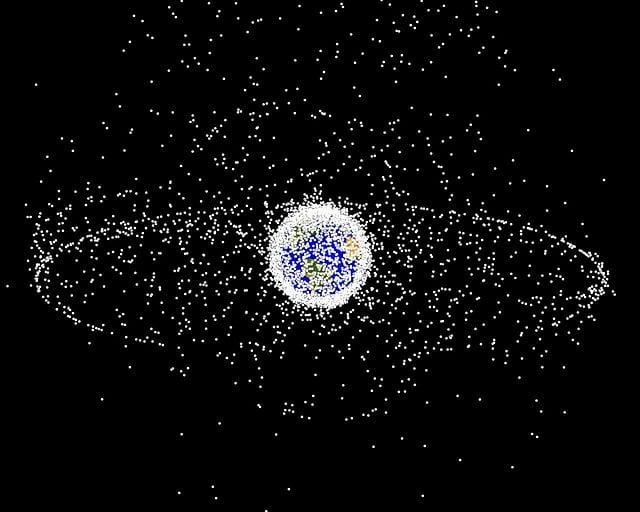Astroscale Japan Selected for Phase II of JAXA’s Commercial Removal of Debris Demonstration Program
The removal of the rocket upper stage will be informed by the images and data gathered by ADRAS-J, which has been proving Rendezvous and Proximity Operations capabilities since its launch in February 2024.
Tokyo, Japan, Apr. 25, 2024 – Astroscale Japan Inc. (“Astroscale Japan”), a subsidiary of Astroscale Holdings Inc. (“Astroscale”), a market leader in satellite servicing and long-term orbital sustainability across all orbits, announces its selection by the Japan Aerospace Exploration Agency (JAXA) as the commercial partner for Phase II of JAXA’s Commercial Removal of Debris Demonstration (CRD2) program, one of the world’s first technology demonstrations of removing large-scale debris from orbit.
“We are deeply honored to have been selected as the commercial partner of the next phase of this trailblazing program,” said Eddie Kato, President & Managing Director of Astroscale Japan. “Having demonstrated several key capabilities during the ongoing Phase I mission, we are eager to demonstrate our ability to address the next challenge: the removal and deorbiting of large debris. This next phase holds significance in addressing the space debris issue and laying the foundation for a sustainable environment for future generations. We extend our heartfelt gratitude to JAXA for entrusting us with this responsibility.”
The CRD2 program aims to remove an unprepared Japanese upper stage rocket body, thereby addressing the increasingly critical issue of space debris. Unprepared objects in orbit pose an additional challenge as they have not been prepared with any technologies that enable docking or potential servicing or removal.
The program is contracted in two phases, and Astroscale Japan was also selected for Phase I, where the company was responsible for the design, manufacture, test, launch and operations of ADRAS-J. ADRAS-J is the world’s first attempt to safely approach, characterize and survey the state of an existing piece of large debris through RPO[1]. The spacecraft is designed to rendezvous, execute proximity operations, and gather images to assess the rocket body’s movement and condition of the structure.
The ADRAS-J mission recently achieved a key technical milestone: the successful safe and controlled approach to an unprepared space debris object to a relative distance of several hundred meters. The major mission achievements completed so far include:
Feb. 18: launch and start of in-orbit operations
Feb. 22: start of the rendezvous phase
Apr. 9: start of Angles Only Navigation and proximity approach from several hundred kilometers
Apr. 16: start of Model Matching Navigation
Apr. 17: approach to the client within several hundred meters
The ADRAS-J follow-on active debris removal spacecraft, ADRAS-J2, will similarly attempt to safely approach the same rocket body through rendezvous and proximity operations, obtain further images, then remove and deorbit the rocket body using in-house robotic arm technologies.
Astroscale Japan was also selected as one of the contracting parties for the Front-Loading Technology Study in Phase II in August 2022.
END
[1] Based on internal research conducted in April 2024.

 Visit U.S. Site
Visit U.S. Site




